
Passing as ‘straight’ and the privilege of being bisexual
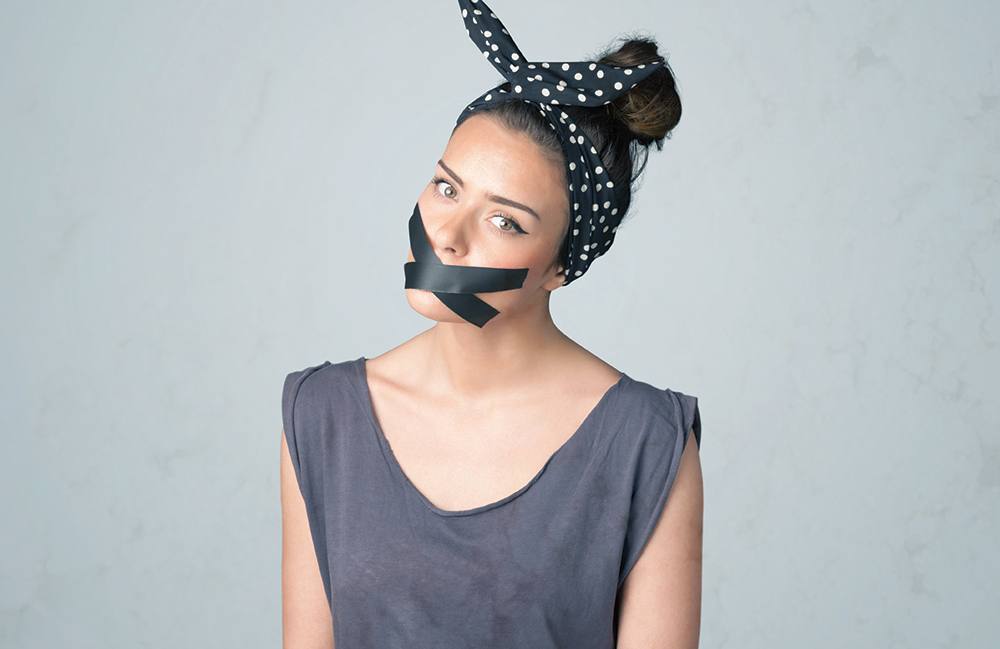
I didn’t say the words ‘I am bisexual’ until I was 24.
Even then, after more than a decade of attraction to women, it was terrifying.
I had hooked up with women, but I had never officially had a girlfriend.
Was I fraud? Could I only call myself bisexual once I’d dated the equal amount of women as I had men? Once I came out to everyone I knew?
I didn’t know the rules. Or if there even were rules. All I knew was that I had always liked girls, but I liked boys, too.
When I was a teenager I had friends who were gay, but put down my attraction to women as ‘experimentation’ because I couldn’t be gay when I wanted to date boys as well.
This was partly because bisexuality wasn’t spoken about, and partly because I was ashamed of the side of me that was attracted to women.
Despite having friends who came out, homophobia was still rampant in my school, and it was easier to pretend that making out with Chrissy at that party on Saturday night was just a bit of drunk fun and not because I had a major crush on her.
As a femme teen who also dated boys, I could retain my straight passing privilege and not be subjected to bullying and discrimination for liking girls.
Here lies the double-edged sword for bisexuals.
As a femme woman who is currently dating a man, many people I meet assume I am straight.
This means that I can protect myself, to a degree, from being discriminated against because of my sexuality.
I don’t have to tell people at my work, or at a party, or in the street that queer. They see me holding hands with a man, assume I’m heterosexual and let me be. It means that I can play my ‘I’m dating a man’ card if I ever feel threatened or scared by homophobic people who might want to do me harm, which has happened to me before.
However it also means that ‘coming out’ becomes more complicated and confusing. The pressure that comes with continually correcting people’s assumptions about your sexuality can be stressful and damaging.
It also means that bisexual men and women that are dating someone of the opposite gender can feel excluded from the queer community.
Understandably, some queer folk might not like someone who is seemingly heterosexual being in their safe spaces, and bisexuals often feel uncomfortable being in that position, but it results in marginalisation within LGBTI groups.
This can, in some cases, lead to bisexual people who are in opposite-sex relationships not coming out at all. I dated a man for almost six years, from when I was 18 to 23, and dismissed my bisexuality because I was in a monogamous, heterosexual relationship, so what did it matter if I found that girl cute?
Here is the problem. Bisexuals are at the same time in a position of privilege compared to other members of the LGBTI population, yet are also marginalised both inside and outside the queer community.
It can be easier for us to ‘pass’ as straight, something that does not apply to many other queer people, but this also leads to exclusion from safe spaces and groups. Many bisexual men and women have stories of being questioned about their sexuality, of feeling like they have to prove they’re queer enough to be accepted.
In the end, what is the answer?
As a bisexual woman, am I more privileged or more marginalised? Am I betraying my queer siblings by occasionally pretending to be straight to protect myself? Should I be out and proud to everyone, accepting all the good and bad that come with that?
I don’t know. But I know that it feels like I’m walking on a tightrope, and I don’t want to do that anymore.
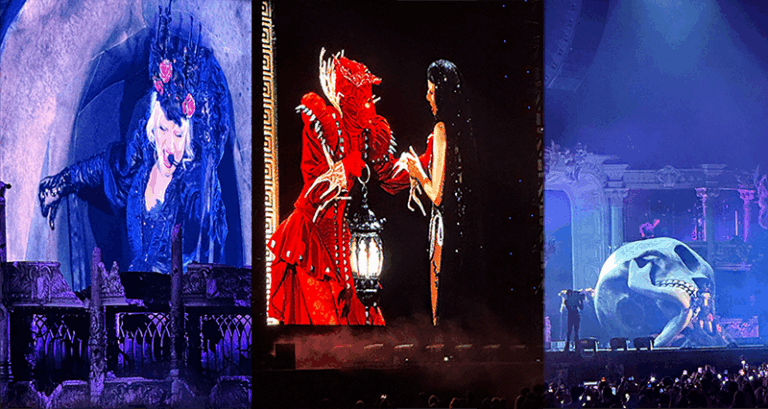
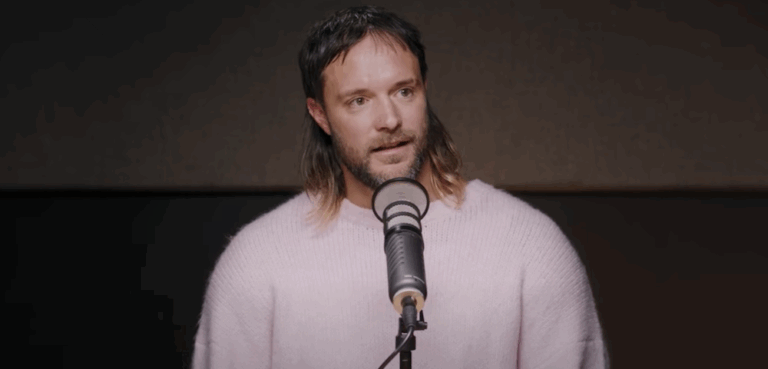
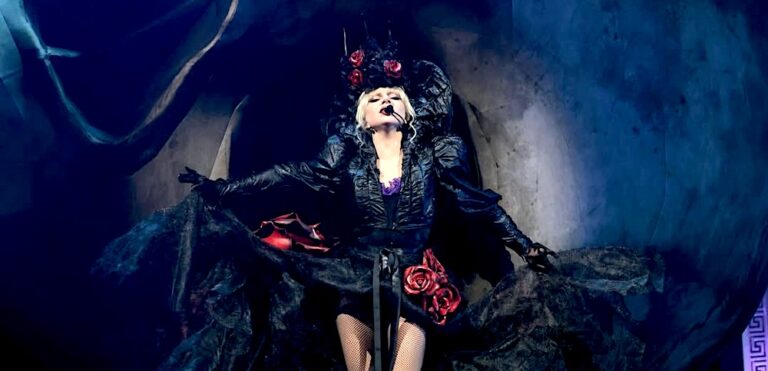
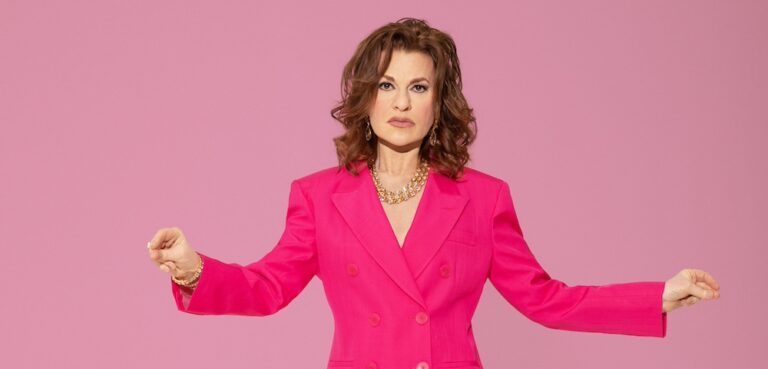
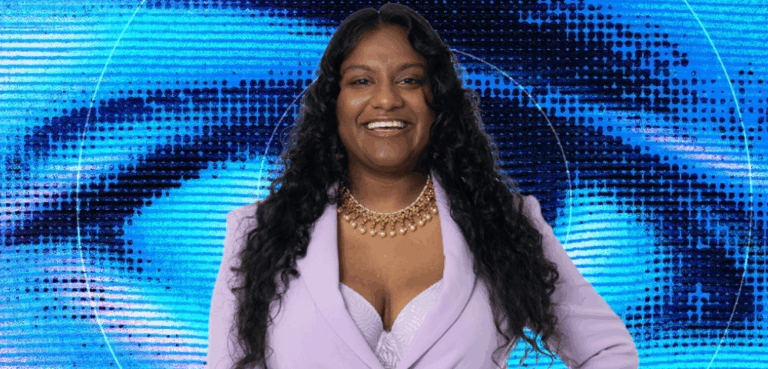
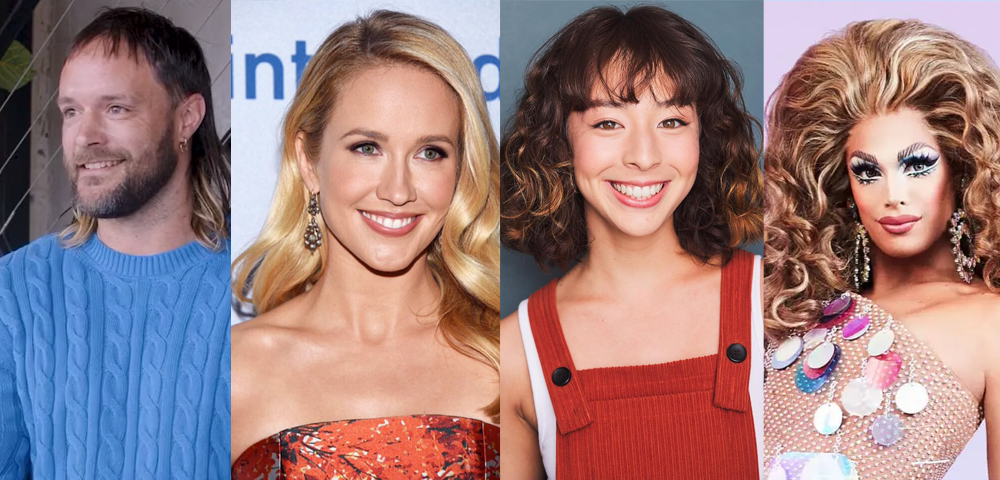
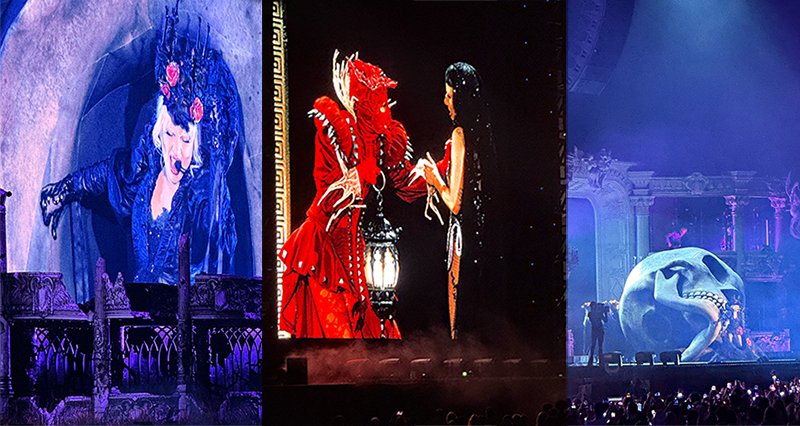
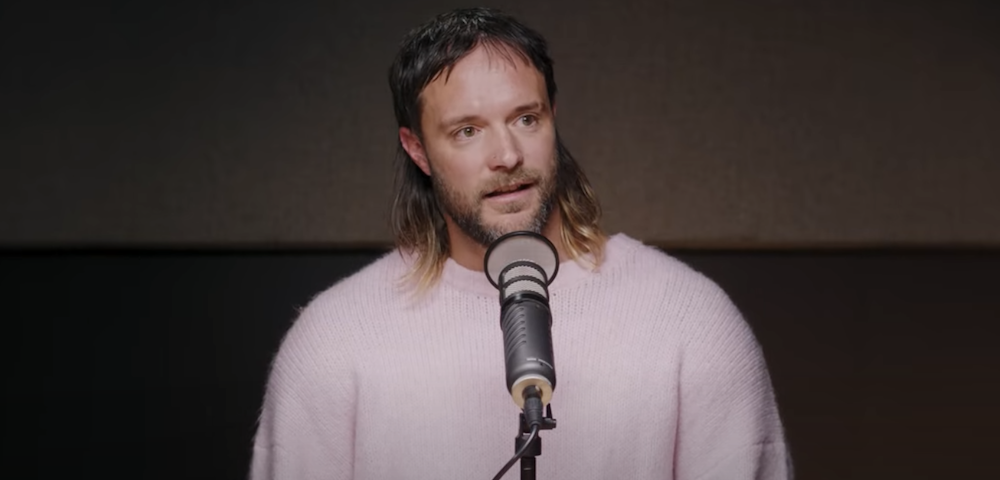
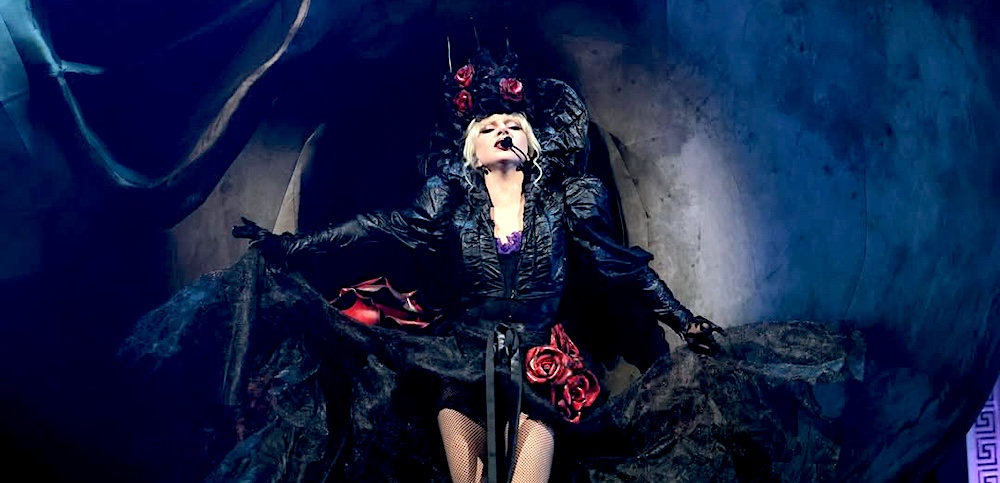
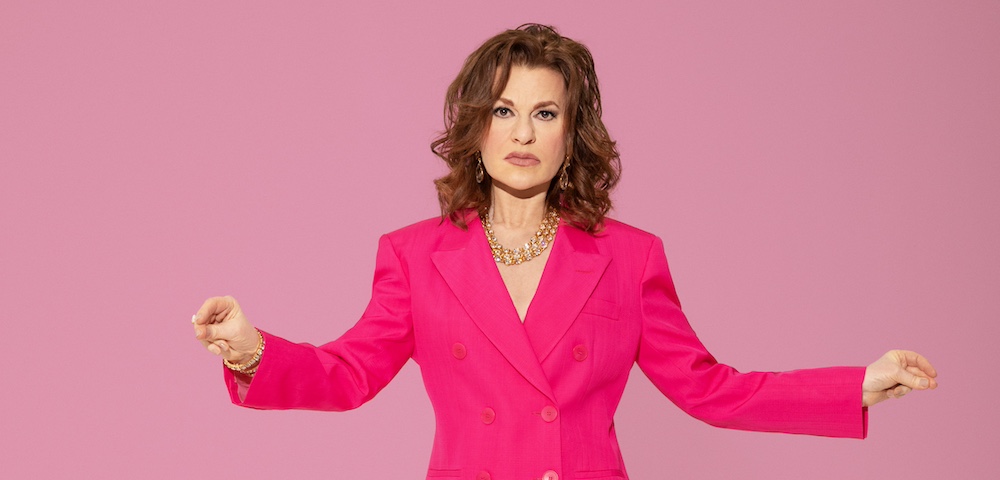
Are some people just too hung u on labels and wanting external acceptance in life that they can’t comprehend other people will always have opinions which will never agree with theirs. Instead of looking outwards look inwards for acceptance and that’s all that should matter…….
Totally with you on this. Its a stressfull tightrope. I find I am forever explaining myself. It is a difficult and lonely place to stand. I am a woman and have been with a woman for about 4 years now, but I dont feel that I fit in the lgbti community. Prior I was was with a man for 7 years, but I dont fit in the hetero community either. This leads to a very isolated life.
September 23 is Celebrate Bisexuality Day.
Any events around Australia maybe post here.
In Melbourne
https://www.facebook.com/events/184064472020851/
The Great Northern Hotel
644 Rathdowne Street, Carlton North,
630 pm “the velvet dog room”